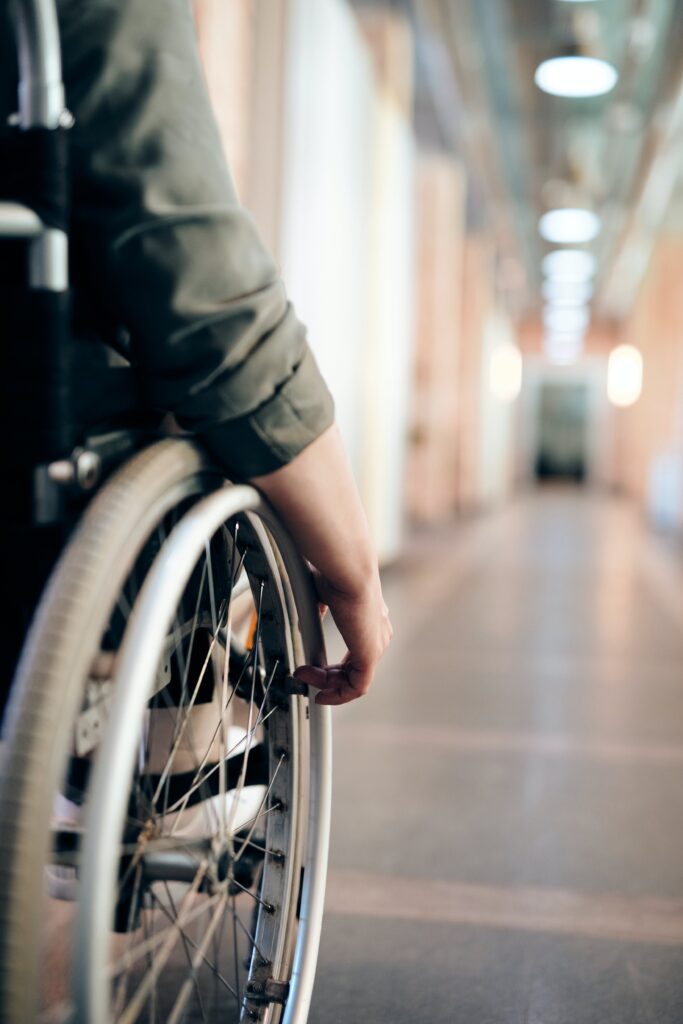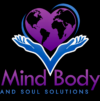The War Within PTSD and Traumatic Brain Injury
I always start my story with I went to sleep as LeAnn and woke up a total stranger.
On September 2014 Labor day I suffered a Acute Subdural Hematoma. A bleeding stroke and brain aneurysm followed by brain surgery to relieve the pressure in my brain. This was caused by a blood infection that went straight to my mechanical heart valves, due to some routine dental surgery. My doctors told my family that if I survived I would never be the same. After 3 months of therapy learning how to walk, talk, chew, swallow, learning how to read and write all over again, the doctors were right about one thing. I would never be the same.
Traumatic Brain Injury
Occurs when a external force traumatically injures the brain. TBI can be classified depending on the severity(closed or penetrating head injury) head injury usually referees to a TBI but is a much broader category due to it involving damage to structures other than the brain. Such as scalp and skull. Usually results from a violent blow to the head or body. An object penetrating the skull.
PTSD post traumatic Stress Disorder
Defined as a mental condition that is triggered my a terrifying event, either experiencing or a witness to it. After a trauma or a life threatening event, it’s common to have upsetting memories or other reactions., such as jumpiness, and trouble sleeping. PTSD can happen at any age, which includes children and adolescents. More than twice as many as men experience PTSD.
I was diagnosed with PTSD about 4 years ago and again recently. I also have an ABI, Acquired brain injury. My PTSD stems from abuse as a child and young adult, losing my child many years ago and an attack at the age of 15. Since my stroke I either do not dream, or do not remember dreaming. During the day I often will get flashes of memories, or what could be memories of the amount pain I was in from the pressure in my brain. My childhood nightmares keep me in that “flight or flight mode I will soon explain.
Following exposure to trauma, depression, alcoholism or other substance abuse anxiety and other disorders frequently co-occur with PTSD. PTSD is classified as an anxiety disorder.
TBI and PTSD are separate conditions, yet for the person living with the double diagnosis of the two, it can be difficult to separate them.
The combination of PTSD and TBI can be overpowering and destructive for anyone in its path.
Living with the two is unlike anything anyone has previously experienced. Oftentimes for friends and family home becomes more of a war zone instead of a home that used to be a safe haven, no longer is the way it was before, Following a traumatic event. Home becomes an unfamiliar front with an unpredictable and sometimes frightening events. While awareness of PTSD has greatly increased, with recent return of soldiers and veterans., PTSD is NOT limited to combat.
Anyone at any age, seniors and children who are exposed to life threatening trauma may develop PTSD.
Events such as..
Fires
Abuse
Floods
Shootings
Car accidents
Assault
May happen to any person anywhere, any age. But I found that the rate of PTSD following a brain injury is far higher in veterans than to civilians due to their multiple prolonged exposure to combat. One estimate I found suggests up to 35% of veterans returning with a brain injury also experiences PTSD.
Post Traumatic Stress Disorder PTSD is a mental health disorder although the stress associated may cause physical damage. Traumatic brain injury is caused by trauma to someone’s brain. It causes a very wide range of impairments such as:
Taste
Smell
Vision
Social Skills
Behaviors
Physical abilities
Communication skills
People with PTSD are at an higher risk of depression, insomnia, substance abuse, physical injuries that may affect a person’s thought process and actions. These risk factors also occur with a brain injury.
The brain is so complex as I have found in my research, that potential effects of brain injury are extensive and different depending on the individual. What the two exist together, I found that it is difficult to sort out all that’s happening. Changes in cognition like memory, anxiety, depression and fatigue are common it both cases. One of them feeds and reinforces the other, it makes it a complicated mixture for sure.
PTSD TBI and Memory
TBI survivors have experienced amnesia concerning what occurred before or after the accident. I myself have no memory of the day before my stroke or up to 3 weeks afterwards. The amnesia indicates the severity of the brain injury. I found that many brain injury survivors have memory of what happened right before or after the injury.
Those who suffer with PTSD are oftentimes plagued, haunted by unwanted intrusive thoughts and memories of the trauma. The memories, like an old picture show keep coming day or night and in excruciating detail. I and so many others relive the trauma repeatedly.
PTSD TBI And Sleep
Sleep disorders are very common in brain injury. I also have experienced trouble with falling asleep, staying asleep, disruptive sleep patters. When sleep is disruptive it makes it pretty different the get the kind of sleep a survivor so badly needs.
PTSD And Sleep
The mental state of hypervigilance can interfere with the slowing the body and mind down for sleep. The nightmares that are so common with PTSD make myself and so many others absolutely dread going to bed, spending nights staring at the TV, sitting up on the couch to try and stay awake. Waking up in cold sweats so drenching that sheets and blankets are soaked. Flashbacks so strong that bed partners have been struck or strangled while sleep wages it’s battle.
PTSD TBI Anger
Damage to the frontal lobes to someone’s brain may cause more aggressive behavior. TBI survivors can be easily irradiated and anger easily. Especially When we are feeling overloaded. Arguments can quickly escalate and any attempts of reason or calm survivors down aren’t effective.
Domestic violence I found is a pattern of controlling abusive behaviors. It isn’t the cause if domestic violence, although it may increase aggression against their partners.
Guns or weapons in the home increase the risk for family members. Anyone in this kind of situation should have a emergency safety plan in place.
TBI PTSD Substance Abuse
The effects of alcohol I found are magnified following a brain injury, consuming alcohol slows reactions, alters judgment, affects cognition, works against medications and increase the risk of another brain injury.
The only safe amount of alcohol is None…
With PTSD using alcohol and drugs to self medicate is so dangerous. I found that veterans who drink heavily and binge drink are at an increased risk. The use of alcohol and drugs are often used by veterans to dull the symptoms of PTSD and depression. I found the fact is alcohol and drug use only make the situation much worse.. Creating additional issues with thinking behavior and memory.
For myself, counseling has worked miracles. I was not even aware I had PTSD until I took after my daughter with a frying pan after an argument in where I felt she was attacking me, and I thought I was protecting myself. Proper diagnoses will really help you seek the right kind of help and support that best works for you❤ writing has also been a huge outlet for depression and anxiety.

